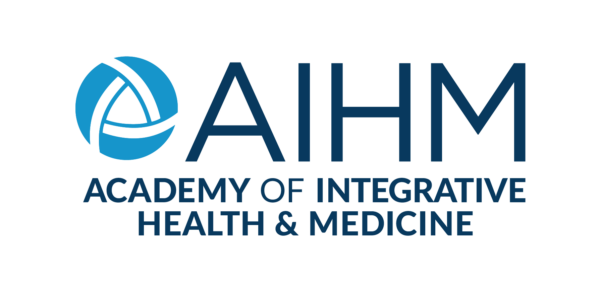On January 30, 2020, the World Health Organization declared a public health emergency for the 6thtime in history. Just 1 year ago, on March 19, 2020, California issued a statewide Stay-at-Home order. It has been a long year for all of us, learning and managing the COVID-19 crisis that has affected every aspect of our lives. But it has also highlighted many opportunities. The question is whether we take those opportunities to move towards transforming healthcare and in what way. And in particular, how will the integrative health & medicine / wellness movement influence those larger trends in healthcare?
Following are some key trends and shifts:
- VALUES BASED – A shift back to Values Based Medicine – From systems like the VA with their Whole Health model, to Health Affairs, the leading journal on health policy, thought and researchers to institutions like Southern California University of Health Sciences to organizations like the Academy of Integrative Health & Medicine and the Academic Collaborative for Integrative Health – a charge to move towards a decades long values-based medicine model is re-emerging. Will the Affordable Care Act Reform offer a renewed opportunity to unite philosophically aligned values-based medicine organizations? What we know is that adults with a whole variety of chronic conditions are at greater risk of severe illness. According to the CDC, among these are some of the conditions most treated by integrative health doctors including heart conditions and obesity. However if you look at the Biden COVID Plan, there is a clear lack of a holistic approach, as highlighted by Erik Goldman. Look to see how integrative institutions and thought leaders influence this dialogue and create pathways to access for patients to a variety of integrative health and medicine approaches.
- RESEARCH – Integrative solutions to COVID will catapult research – Vitamin D, Zinc, Diet, Sleep, Yoga – patients are asking what they should be doing to better their chances of surviving this pandemic? There is tremendous opportunity to explore how holistic and integrative medicine can and should inform how we tackle COVID-19. Studies such as this qualitative study from Seifert, et al and Bushell, et al, suggesting Meditation and Yoga practices as potential adjunctive treatment for COVID-19 offers hope. Look to some of the research leaders like Preventative Medicine Research Institute, the World Chiropractic Association, Naturopathic Medicine Institutions, the Rand Corporation, National Centers for Complementary and Integrative Health to continue to provide the evidence needed to inform how we create solutions to challenges we face globally like COVID-19 and Noncommunicable Diseases (NCD’s).
- TELEHEALTH – Expanding Telehealth Success – For those clinicians not already involved in telehealth prior to COVID-19, they most likely are now. The telehealth trend started during the pandemic is expected to continue and grow into 2021. The most resilient integrative clinics and clinicians found telehealth one of the keys to success in weathering COVID-19.
- ZOOM – To Zoom or Not to Zoom? Who is left in the USA that hasn’t zoomed at least once now? From kids to grandparents, industry to institutions, zoom has become both a pathway for connection and led to screen burnout and “zoom fatigue”. Expect more dialogue around the health implications of increased tech, screen-time and how to bring balance into our zoom dominated lives.
- HEALTH APPS – Mobile Apps Aiming to Improve our Well Being – Expect more health apps including a more robust conversation regarding policies that protect who owns your health data. Integrative and mindfulness health apps will also be on the rise, as well as interesting new social apps like Clubhouse where leaders are holding conversations around health and wellness everyday.
- BALANCE & RESILIENCY – Mental Health / Self-care / Stress management – COVID-19 catapulted us into high gear when it comes to stress and mental health. Between isolation, massive loss and grief from those who have lost loved ones or colleagues, it seems like everyone’s anxiety is amped up these days. 2021 presents a unique opportunity to bring balance and resilience back into our everyday lexicon and learn not only self-care tools, but ways to address mental health issues at a deep systemic level in creative ways like the Never Alone Summit.
- DISPARITIES – Addressing Disparities and Systematic Racism in healthcare and Giving Voice to Black, Indigenous and People of Color. The integrative health movement has also been taking a deep look at these systemic issues and more than 18 organizations have made commitments to make this a priority. As proponents of “root-cause” medicine, any integrative clinician, researcher or policy maker understands that without addressing these systemic issues, the majority of our human community will not be able to have the “root cause” of their illness addressed. The hope is that with real commitment this trend translates into long-term cultural and policy changes.
